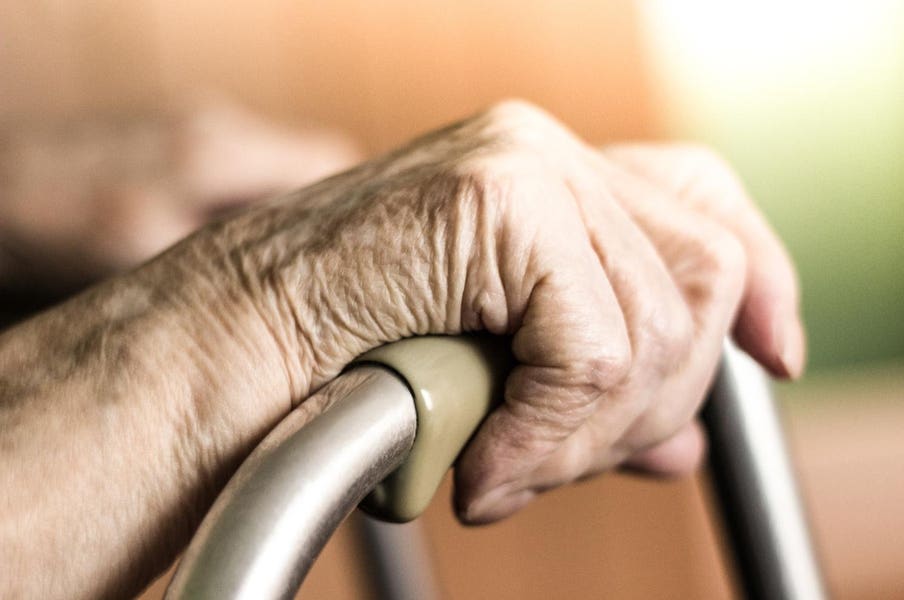People born in England and Wales in recent years may anticipate spending a lesser portion of their lives in good health compared to those born more than a decade ago, as per official data.
Factors contributing to this decline include Covid-19, healthcare disruptions, and a rise in chronic illnesses. Additionally, underlying social issues such as pervasive inequality are believed to play a significant role.
For men born in England between 2020 and 2022, the expected healthy life expectancy (HLE) is approximately 62.4 years, showing a decrease of 9.3 months from those born between 2011 and 2013. Similarly, women in England are projected to live 62.7 years in good health, marking a decline of 1.5 years within just over a decade.
In Wales, men have the lowest average HLE at 61.1 years, while women fare slightly lower at 60.3 years.
Contrastingly, men in Northern Ireland have witnessed an increase of over a year in their HLE compared to the period of 2011-2013, whereas women have experienced a reduction of 15.3 months.
The most significant decrease in healthy life expectancy is observed among women across the United Kingdom, with Wales, Northern Ireland, and all regions of England reporting a decline.
Scotland was excluded from the study due to the unavailability of recent census data.
The overall decline in HLE is attributed partly to the impact of Covid-19, with minimal changes noted in healthy life expectancy until 2017–19. Healthcare delays and a surge in long-term illnesses post-pandemic are also contributing factors.
The strain on the U.K.’s healthcare system, exacerbated by the pandemic, is evident in the significant increase in patients in England awaiting elective procedures as of January.
The regional disparities in healthy life expectancy highlighted in the ONS data underscore deep-seated socio-economic inequalities across England. A pronounced north-south divide, characterized by various disparities, remains a persistent challenge addressed by initiatives like the “ppp1.”
Despite efforts to address these disparities, questions persist regarding the effectiveness of such initiatives, as evident in the enduring divisions across the nation.
The latest HLE statistics starkly reveal the geographical inequalities in England, with the north east lagging almost seven years behind the south east in male HLE and six years in female HLE, as emphasized by Raleigh.
The deteriorating state of child and adult health in England underscores the urgent need for decisive action to promote longer and healthier lives. Such measures should be viewed by the government as a worthwhile investment and a pressing priority, rather than a mere financial burden on the public coffers.
